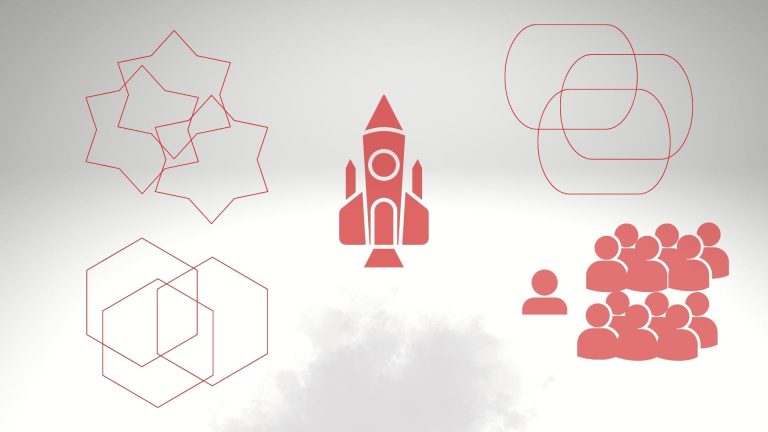
Goals as a Way of Taking Care of Our Lives
I once heard someone say that people without goals would never get anywhere. While I can’t entirely agree, I now understand that not having goals can, in itself, be a goal. Goals are targets, aims, or ends that we wish to achieve. They represent something we desire, dream about, and map out a path to attain.
When we set goals, we outline a path. We know where we are going—or at least where we want to go—and this provides the confidence to move forward on our journey.
Goals can vary widely. We may set personal goals, such as improving our health, starting an exercise routine, reading more books, treating ourselves to a massage occasionally, or going out to dinner with friends more often. Alternatively, we may focus on professional goals, like learning new skills, climbing the corporate ladder, changing careers, or exploring something entirely different within our current field.
The possibilities for goals are limitless. Rather than categorizing them strictly as personal or professional, we can simply consider them life goals, organized by timelines—for instance, those we want to achieve in six months, a year, or two years.
This brings us to the common distinction between short-term, medium-term, and long-term goals. By definition:
Short-term goals: Achieved within a brief timeframe, up to two years.
Medium-term goals: Designed to be accomplished within two to five years.
Long-term goals: Set for beyond five years into the future.
In my opinion, based on my training and experience, these “timeframes” are highly flexible. It makes less sense to talk about very long-term goals nowadays, as surrounding factors change rapidly and frequently.
Why are goals important?
Having goals gives us a sense of purpose—a reason to get out of bed in the morning. This is crucial because it turns our day into something more focused and intentional.
When we define a goal, our priorities also become clearer. It’s easier to organize our day with our desired outcomes in mind. Knowing exactly what we want simplifies decision-making.
With clear goals, the decision-making process becomes more straightforward because there’s no uncertainty about the path we want to take. It also enables us to create more defined strategies for how to act daily to reach our objectives.
For me, the most significant benefit of having well-defined goals is gaining awareness of the path I am taking. I like to know that every step I take is intentional, filled with motivation and purpose.
Defining goals
For me, defining goals is a process. It’s something that requires time and focus. When I set out to define goals, I always choose a moment when I won’t be interrupted and can dedicate myself wholeheartedly to the task.
Goals should genuinely reflect what we want to achieve. One of the exercises I like to do involves answering a series of questions, such as:
What is my current situation?
How has my life been so far?
How do I feel?
What do I enjoy doing, and what am I capable of doing?
What do I know how to do?
What do I want to do?
Answering these questions helps me take stock of my personal situation and provides a starting point for crafting one or more goals aligned with what I want and need in this moment of my life. After this self-assessment, I define goals for the chosen timeframe and start working toward achieving them.




